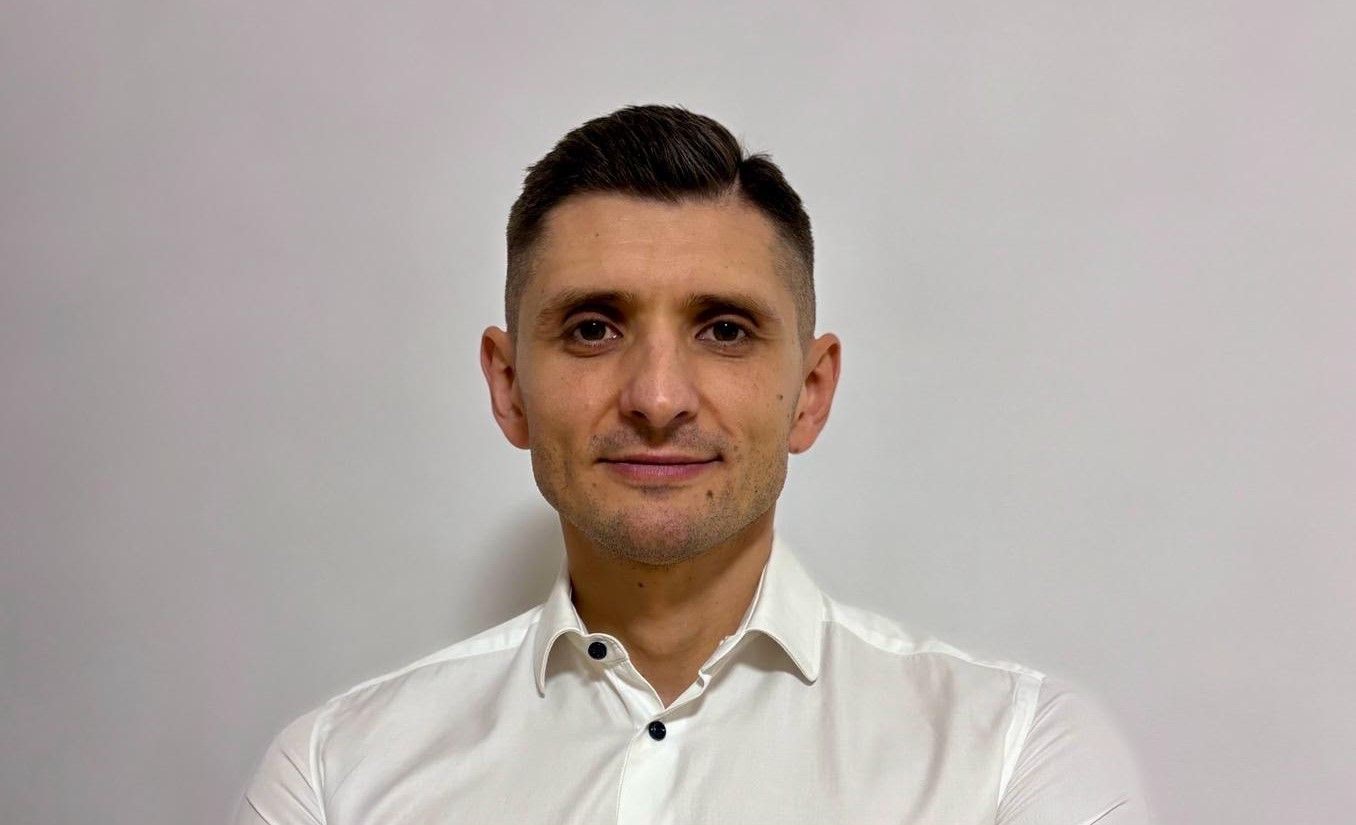Being successful in a dynamic market – Interview with Leo Lambrea, CEO of UBM Agri Trade SRL
One of UBM Group’s most significant logistics investments last year was the purchase of a new storage facility in the Romanian city of Budesti. The acquisition will effectively strengthen the company’s presence in the international market. UBM Agri Trade SRL has been a successful subsidiary in Romania for many years and has become an industry-leading player in the region. The management of the Romanian branch maintains excellent relations with the Hungarian headquarters and all the possibilities are there for the company to continue on a dynamic development path.
We asked Leonardo Lambrea, CEO of UBM Agri Trade SRL, about the plans and current challenges.
What are the pillars of business stability in the current hectic, uncertain economic and geopolitical situation?
Leonardo Lambrea: I think in the current business environment, the main pillar should be adaptability and with it, the permanent acceptance of change. The market is more dynamic than ever. If your business is flexible and can change course rapidly in order to adapt to the new environment, then that’s a strong pillar of stability. The economic and geopolitical context have always played a major role in commodity trading. However, lately, the pace of change has been so fast that you need to change your direction even while in the middle of your previous change implementation. It can be frustrating for a company leader but then again, that’s the only way of keeping up with the markets.
Which regions do you consider most promising for export market expansion?
L.L.: In trading, the export market is always a moving target. For political but mostly economic reasons, you rarely see your export flows heading toward the same destinations for more than 2-3 years in a row. If for wheat, Egypt tends to be a constant target, for other commodities such as corn, barley or oilseeds, the destinations change year after year, although maintaining a certain cyclicity. Romania has a strategic position for grain exports, with Constanta as the main port of the Black Sea and the biggest agricultural commodities port in Europe. In the past couple of years Constanta has proven to be a hub not only for the traditional Danube-linked countries (Hungary, Slovakia, Croatia, Serbia, Bulgaria, Moldova) but also for the huge and various Ukrainian volumes that were forced to find a logistical solution once with the beginning of the war. Aside from Constanta, which you can export almost anywhere in the world, Romania can diversify its flows by the Danube River and by trucks and trains to most of Central and Western Europe.
Do you perceive and how do you see the trend of shifting livestock activities in Europe towards the Eastern region shortly? How are you trying to use this for further development and improvement?
L.L.: We do see the shift in livestock from Western to Eastern Europe and it’s been long-awaited. We’ve had signals of this move for more than 10 years, but it is only in the past couple of years that we’ve seen the new projects appearing on the market. The potential is huge because we already started this change in a production deficit, especially in pork and beef, where we import 80% of the local consumption. To transform this deficit into an export surplus and turn around the commercial flows to Western Europe (and not only) gives the Romania feed and meat industries great opportunities to develop.
What do you think is the quality of vocational training in the country, and is there a sufficient supply of new generations of workers? Can the agricultural sector maintain its popularity in career guidance? Are there any partnerships with universities and colleges, either in research or education?
L.L.: I think this is an area where we need to raise a flag and increase awareness of the downtrend agriculture has taken when it comes to passing on responsibilities to the next generations. Whether we’re talking about growing crops, like wheat and corn, or raising animals, these jobs are not among the top preferences of the new generation. There are a few such programs in universities but not enough to maintain interest for the young. Unless we discuss about a desk job or a management position, the new generation does not want to get their hands dirty. What we’ve seen in Romania in the past few years is an impressive inflow of blue-collar workers from Asia, one to two hundred thousand per year, part of them for agricultural companies. I think the trend will continue considering the higher and higher wages for manual labour positions.
Do you make any New Year’s resolutions or, if not, what are your main personal and professional objectives for 2024?
L.L.: I actually did make a New Year’s Resolution which was “no fear for 2024”. This business gets more challenging by the year. Whether we’re talking people, commercial or even fiscal aspects, the business environment will never be boring and will throw hurdles in the way of your goals. As long as your attitude is positive, I think on the long haul, challenges can be turned into opportunities.
What is the relationship with your Hungarian colleagues and with UBM subsidiaries in other countries? What is the strength?
L.L.: One of the upsides of my position is seeing how, over the years, our relationship with the main office in Hungary and also other subsidiaries, has constantly improved. I’ve had the privilege of starting the first foreign trading office of the UBM Group and witnessed a very successful expansion in four other countries, every year bringing in new and competent colleagues who are actually rowing for the same boat. I think the strength of UBM is that it focuses on valuable people around whom they develop a business model and not the other way around.
If you have any questions, please do not hesitate to contact us at investors@ubm.hu.




